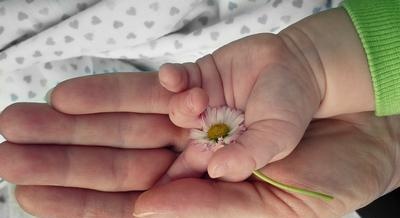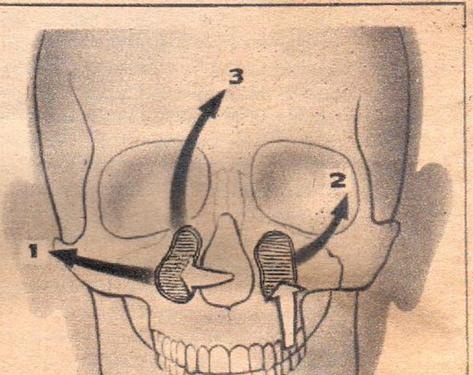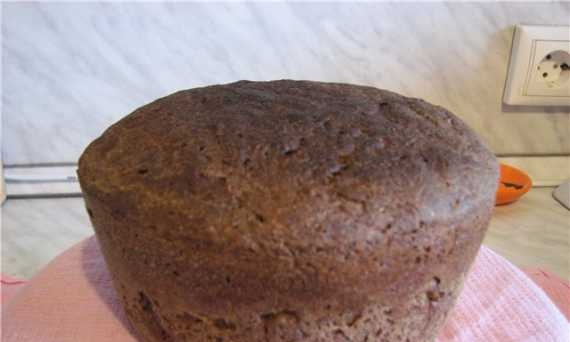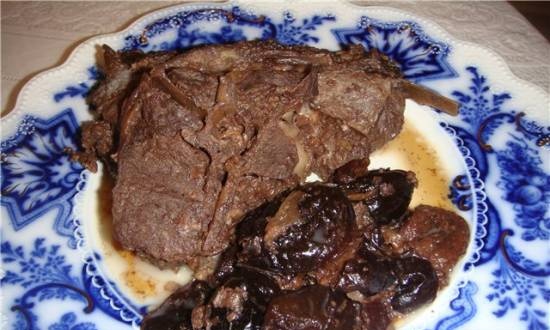Capillarotoxicosis |
|
After being discharged from the hospital, these children need to be as gentle as possible at home and at school. Usually, parents have many questions related to this disease in their child. I will try to answer some of them. Is capillarotoxicosis a blood disease?No, this is a common disease, which is based on an infectious-allergic lesion of the smallest blood vessels - capillaries. Their wall becomes loose and permeable to blood. Therefore, the nutrition of tissues and organs is disrupted, and, ultimately, their activity. In some cases, mainly the vessels of the skin are affected, in others - the vessels of the internal organs, and most often the digestive and kidney organs. What are the causes of the development of this disease?Most often, capillary toxicosis occurs after a sore throat, flu, respiratory disease, cooling. It often accompanies chronic tonsillitis, helminthiasis. Physical and emotional overload, trauma, food intoxication, the use of foods to which the child has an individual intolerance can also become the cause of the disease (for example, chocolate, egg white, strawberries, citrus fruits), or taking medications (antibiotics, sulfonamides, etc.) Is this disease curable?In the overwhelming majority of cases, yes, but it can be treated with great difficulty. Often, capillary toxicosis lasts a long time, for several months or even years, especially if the kidneys are affected. And it is very important to seek medical attention as soon as signs of the disease are noticed. What do doctors mean when they talk about the need for a sparing attitude towards a child being discharged from the hospital?With capillarotoxicosis, the activity of the central nervous system is disrupted, and the consequences of this affect for a long time. Even after a child has been treated in a hospital, he cannot be considered fully recovered. Such children are usually lethargic, irritable. Their attention is unstable, their working capacity is reduced, their memory is often weakened, and it is more difficult for them to learn than healthy children. Therefore, the attitude of parents towards them, and in the school of teachers and educators, should be very careful, sparing. Can children who have undergone capillarotoxicosis go in for physical exercise?It is possible, but at first only in a group for the weak. Children who have undergone capillarotoxicosis without complications, as a rule, are exempted from classes in the main group for at least a month. Those who have the disease accompanied by kidney damage - for at least a year. A child can return to classes in the main group only with the permission of a doctor. If there is no group for the weakened at school, he usually performs only gymnastic exercises with the dignitary group. When can hardening procedures be resumed?Usually not earlier than one to three months after discharge from the hospital and, of course, with the permission of a doctor. It is also necessary to ensure that the child washes his feet at night only with warm water, and make sure that he is not in drafts, and immediately changes clothes if clothes and shoes get wet. Do I need a special diet after I leave the hospital?As a rule, only if nephritis has developed. Then it is necessary, on the instructions of the doctor, to exclude pickled and salted foods, smoked meats, fried foods from the child's diet for about three to six months. Steam or boil food for him. And if you really want to pamper with pies, then do not fry them, but bake in the oven. It is highly desirable that the child eat more fruits, vegetables and fermented milk products. Of course, the products that caused the development of capillary toxicosis should not be given in any case. Why is a child who has undergone capillarotoxicosis not given preventive vaccinations for a year?Because the introduction of the vaccine can provoke a relapse of the disease or cause an aggravation of complications. In the future, the question of the possibility of vaccinations is decided by the doctor who is observing the child. S. G. Sokolinskaya |
| Pain generators | Felon |
|---|
New recipes
 Among children there are patients with capillarotoxicosis (hemorrhagic vasculitis). In some of them, the disease proceeded for a long time, in waves, often exacerbating and accompanied by complications.
Among children there are patients with capillarotoxicosis (hemorrhagic vasculitis). In some of them, the disease proceeded for a long time, in waves, often exacerbating and accompanied by complications. No matter how capillary toxicosis proceeds - in mild or severe form - treatment in a hospital is necessary. Do not refuse hospitalization of the child and do not hesitate if the doctor insists on it!
No matter how capillary toxicosis proceeds - in mild or severe form - treatment in a hospital is necessary. Do not refuse hospitalization of the child and do not hesitate if the doctor insists on it!









